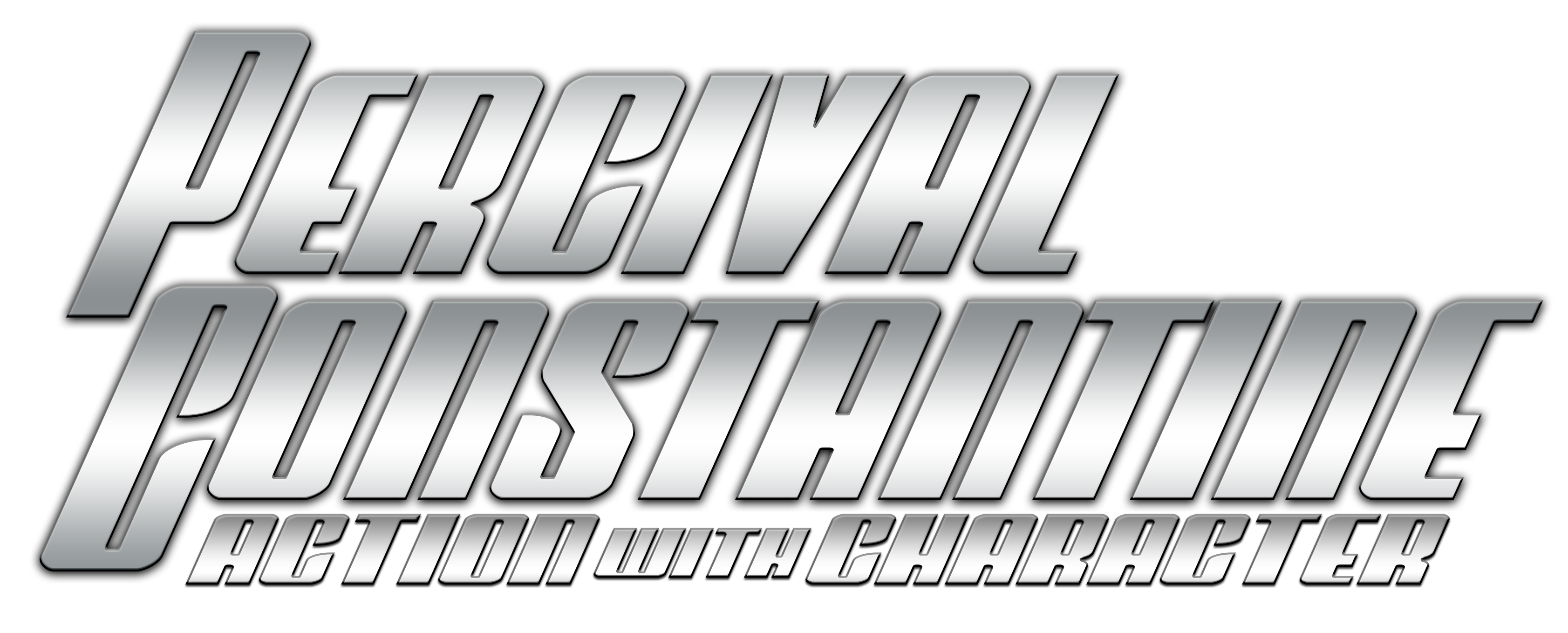 Productivity is something I struggle with. Pretty much all my life, I’ve been a procrastinator. In high school, I did a lot of my homework assignments in homeroom the period before I had to turn them in. In college, I would get a month to read a book and put it off until the week before it had to be finished. I would write all my papers the night before they were due. When I was single, I wouldn’t do the dishes or the wash until I ran out of clean plates and clothes.
Productivity is something I struggle with. Pretty much all my life, I’ve been a procrastinator. In high school, I did a lot of my homework assignments in homeroom the period before I had to turn them in. In college, I would get a month to read a book and put it off until the week before it had to be finished. I would write all my papers the night before they were due. When I was single, I wouldn’t do the dishes or the wash until I ran out of clean plates and clothes.
And unfortunately, that’s also true with writing fiction. Even when I had a deadline to finish a book or a story, I would put it off. It’s why for the first seven years of my publishing career, I would only put out one book a year. I’m trying to change that and so far, I’ve managed to put out monthly releases, and I have monthly releases scheduled for the rest of the year. At the time I’m writing this, I’ve already got content ready to go up to November.
So I’ve found little ways to increase my productivity. Before I would write whenever I felt like it. Now, I make time for writing and I try to do at least an hour of work Monday through Friday. Weekends can sometimes be really difficult because my day job schedule on weekends is all over the place (although if I do have time on the weekends, I will write).
Something else I’ve done is changed the time of day I write. I used to write at night before bed. But when I examined this, it proved problematic. When putting off writing until the night, I would often get too tired and not want to do anything other than watch Netflix and sip some scotch. So now I make sure to do it as close to the morning as possible. As long as I write before 5 in the afternoon, I’m good. If that clock hits 5, though, it’s a lot harder for me to get started.
Another thing is outlining. I could talk about this more at another point though, so I won’t go into any detail here. Suffice to say, outlining has greatly helped me boost my writing output.
I also lowered my word count target. Before my target was 2000 words but there were a lot of times when I would fall short of that. And when I failed to hit that goal, I was down on myself and it would make it harder to write the next day. And then that would make me feel bad for the next day it came to write and the effect just kept compounding. So I said, “screw it, I’m shooting for 1000 words.” And it worked. 1K Per Day was my motto and I managed to hit it almost every time. Setting a deadline also makes it harder to skip days. I give myself a bit of a buffer here because shit happens—if I think it will take me two weeks to finish a project, I’ll set a deadline for two and a half weeks or so.
I block out an hour for my writing time and I use the Pomodoro Method. How the Pomodoro Method works is you set a timer for twenty-five minutes. Once that time is up, you take a five-minute break. At the end of the fourth twenty-five minute work session, you take a thirty-minute break. But like I said, I only do it for an hour and I found it helps. During that twenty-five minutes, I also use a program called Anti-Social to block social media for that time. 1000-1500 words is usually what I average in this hour.
But the other day I decided something different. I write in Scrivener and there’s a Project Targets window that you can bring up with a hotkey. Every time I would write, I would keep that Project Targets window open. But the other day, I decided to close it. By the end of that first twenty-five minute session, I had written over 900 words. I kept the window opened in the second session and only managed about 500 words. Today I closed the Project Targets window and kept it closed for the entire hour. I hit the 1000-word mark in the first session and by the end of the second session, I had passed 2000 words.
Having that Project Targets window open kept tripping me up. I’d see my progress bar fill up and subconsciously go slower or faster depending on how close I was to the goal. But turning it off and writing invisibly I didn’t even realize how little time it took to break 1000 words.
The take-away from this post is keep examining your writing processes. What works now may not work later. And what you think is working might be able to work better if you tweak it a little.

